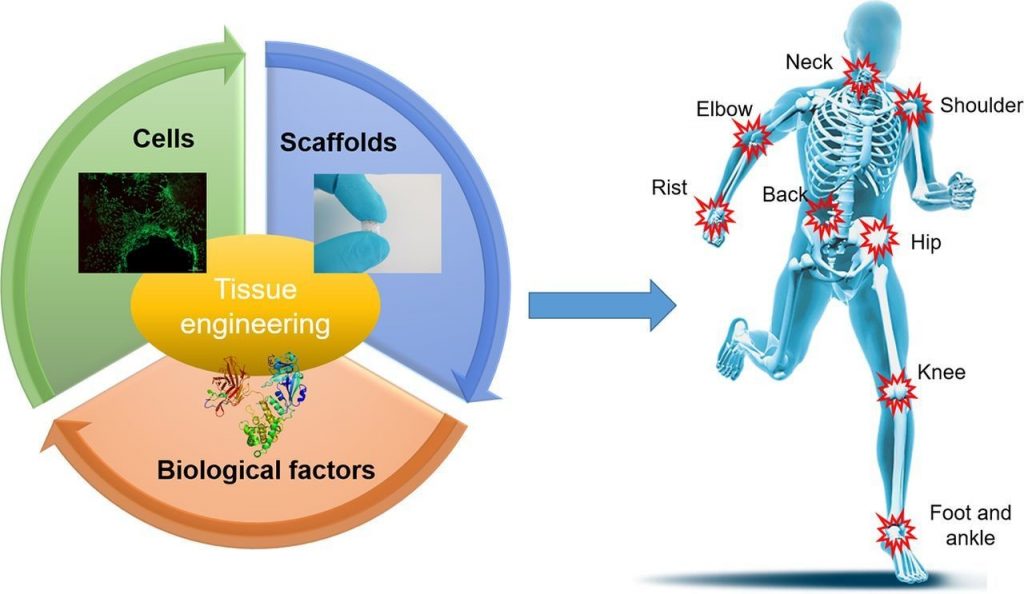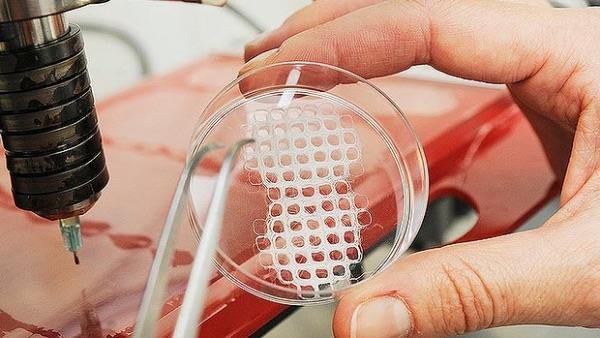In the realm of medical science, tissue engineering stands as a beacon of hope, offering revolutionary solutions to some of the most challenging health problems. It’s a field where biology meets engineering, aiming to regenerate, repair, or replace damaged tissues and organs using a combination of cells, scaffolds, and bioactive molecules. While the potential benefits of tissue engineering are vast, it also raises significant ethical questions that demand careful consideration.
At its core, tissue engineering holds the promise of transforming healthcare by providing alternatives to traditional organ transplants, which is often limited by donor shortages, immune rejection, and the need for lifelong immunosuppression. With tissue engineering, scientists can create tissues and organs tailored to individual patients (using their own tissue), which reduces the risk of rejection and eliminates the need for donor matching.
One of the most common applications of tissue engineering is in the field of regenerative medicine. Imagine a world where patients with severe burns can have their skin regenerated using bioengineered skin substitutes, or where individuals with a damaged cartilage can receive custom-made cartilage implants! These advancements have the potential to improve countless lives, offering hope to where previously there was none.

Ethical concerns loom over the field of tissue engineering, prompting researchers and policy makers to navigate a complex ethical area. One of the primary concerns is the source of cells used in tissue engineering. While some cells can be harvested from a patient’s own body, others may come from embryonic stem cells or induced pluripotent stem cells (iPSCs), raising ethical questions about the destruction of human embryos and the manipulation of genetic material. Moreover, the commercialisation of tissue engineering raises concerns about accessibility and fairness in healthcare. Will these cutting-edge treatments be available only to the wealthy and elite, widening the gap between those who can have access and those who don’t? Ensuring equal access to tissue-engineered therapies is not just a matter of scientific advancement but also a moral imperative.
Another ethical dilemma arises from the potential for unintended consequences. As we delve deeper into the complexities of tissue engineering, we must be mindful of the long-term effects of manipulating biological systems. Could bioengineered tissues lead to unforeseen health complications down the line? These are questions that require ongoing research.
Despite these ethical challenges, the field of tissue engineering holds tremendous promise for the future of medicine. By cultivating interdisciplinary collaboration and engaging in transparent dialogue with stakeholders, we can navigate the ethical complexities while harnessing the full potential of tissue engineering to alleviate human suffering and improve quality of life.
In conclusion, tissue engineering represents a remarkable collaboration of science, engineering, and medicine, offering unprecedented opportunities to address some of the most pressing health challenges of our time. However, as we journey into this brave new world of regenerative medicine, we must tread carefully, ensuring that our scientific advancements are guided by ethical principles and a commitment to the greater good. Only then can we fully realize the transformative potential of tissue engineering while upholding the rights of all individuals.

This blog effectively introduces the topic of tissue engineering and provides a good overview of its potential benefits and ethical concerns.
Consider adding personal reflection to your blog, as none have been included. Additionally, make sure to use hyperlinks to reference your information sources.